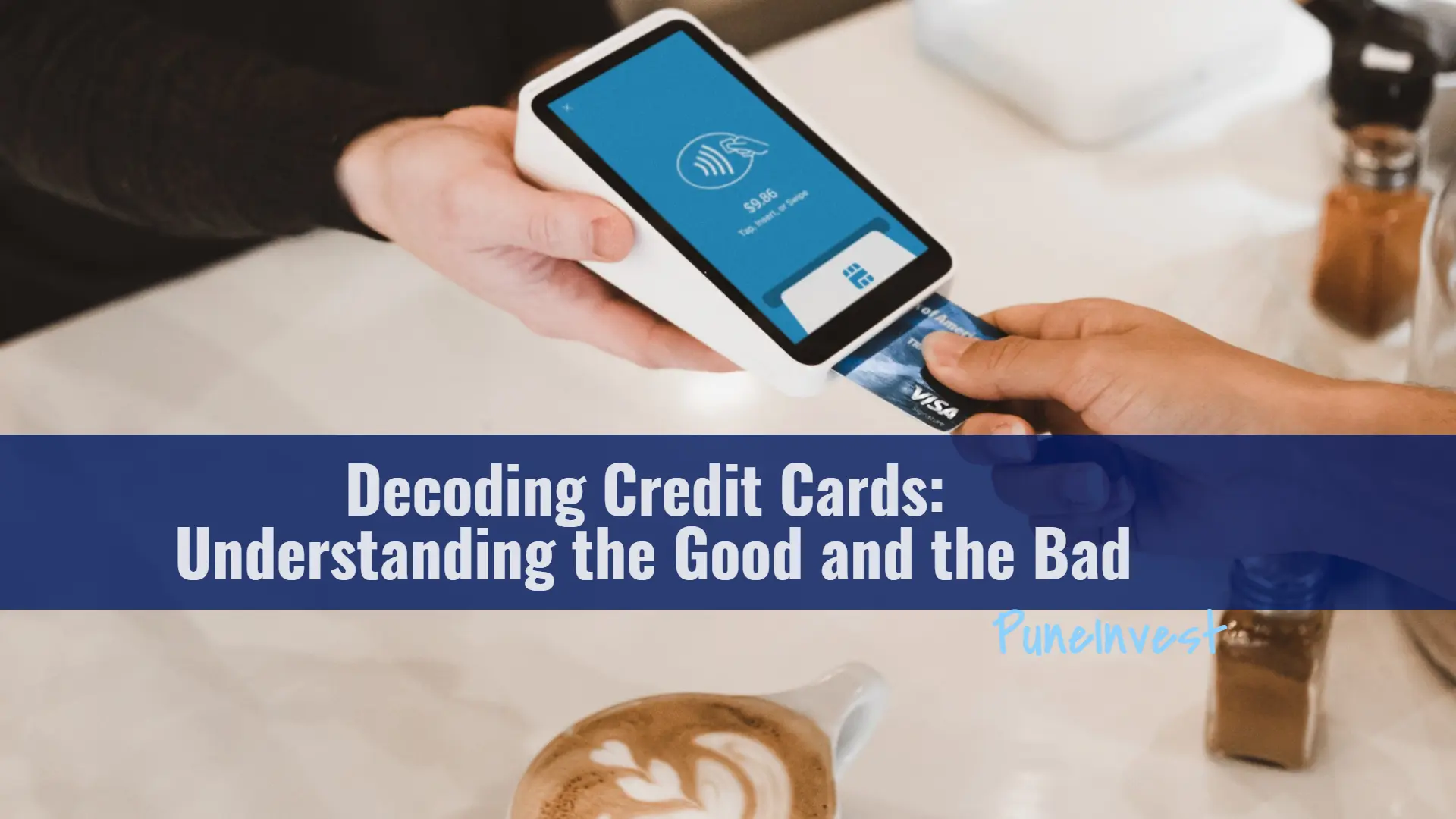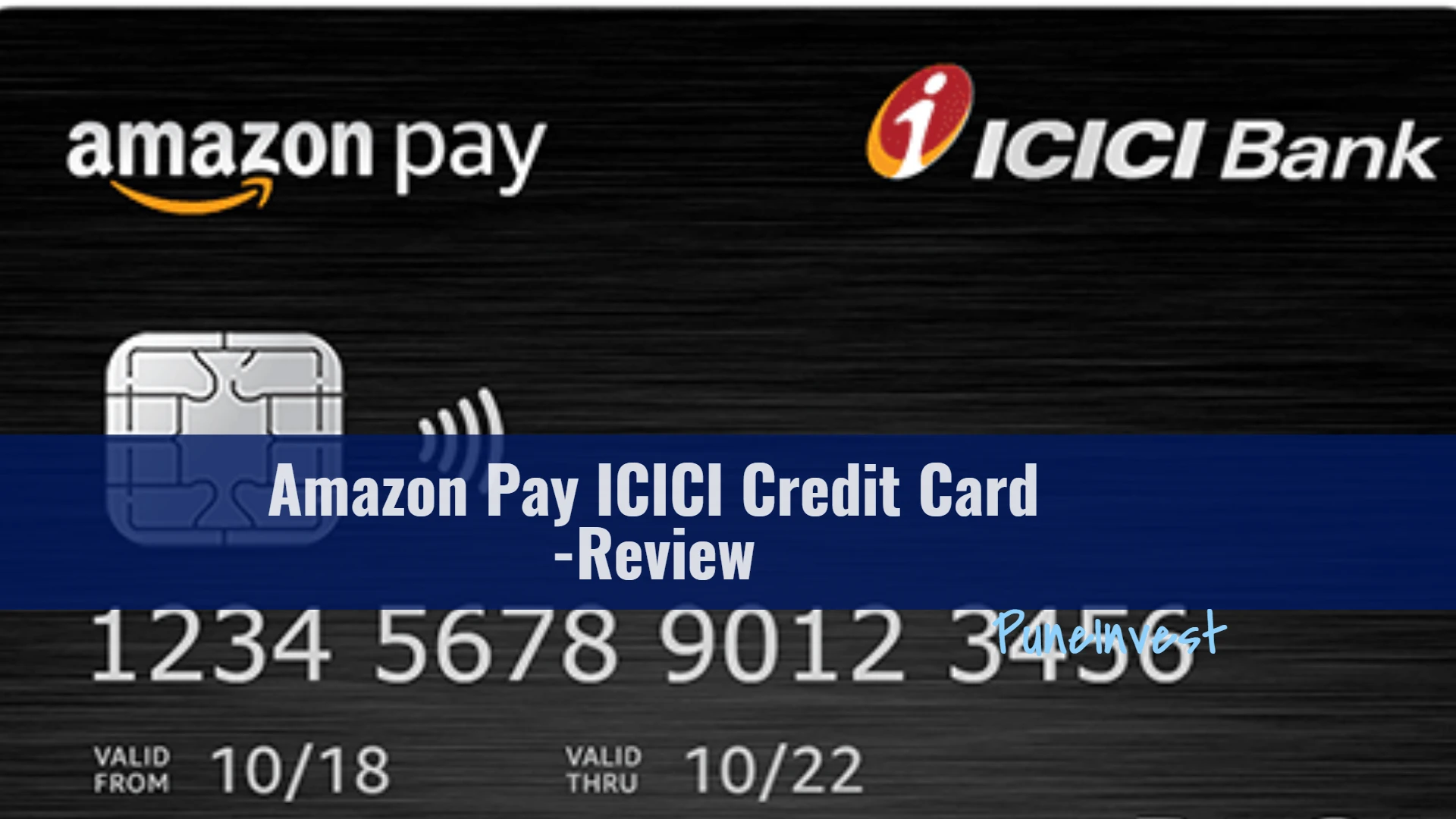Credit cards have become an integral part of the modern financial landscape, offering individuals convenient access to funds for purchases and transactions. However, opinions on credit cards vary greatly, with some people viewing them as valuable financial tools, while others see them as potential sources of debt and financial trouble.
Understanding Credit Cards
Credit cards are financial tools that provide individuals with a convenient way to access borrowed funds for purchases and transactions.
They typically come in the form of plastic cards issued by financial institutions. The basic premise behind credit cards is that cardholders can borrow money up to a predetermined credit limit and use it to make purchases or obtain cash advances.
However, it’s important to remember that the borrowed amount must be repaid, either in full or with interest, over a specified period of time.
Benefits of Credit Cards
Credit cards offer several benefits that make them attractive to consumers.
Convenience and Flexibility
One of the primary advantages of credit cards is the convenience and flexibility they provide. With a credit card in hand, you can make purchases almost anywhere, whether in-store or online. Credit cards eliminate the need to carry large amounts of cash and offer a secure and widely accepted method of payment.
Building Credit History
Credit cards play a crucial role in establishing and building your credit history. By responsibly using your credit card and making timely payments, you demonstrate to lenders that you are a trustworthy borrower.
Over time, this can help improve your credit score, making it easier for you to access loans or obtain favorable interest rates in the future.
Rewards and Perks
Many credit cards come with rewards programs that allow you to earn points, cashback, or other incentives for your spending. These rewards can range from airline miles to discounts on purchases or even exclusive access to events. By taking advantage of these perks, you can make your everyday spending work for you.
Potential Downsides of Credit Cards
While credit cards offer numerous advantages, it’s essential to be aware of their potential downsides.
High-Interest Rates and Fees
One of the primary concerns with credit cards is the high-interest rates charged on outstanding balances. If you don’t pay off your credit card bill in full each month, you may incur significant interest charges, making your purchases more expensive over time.
Additionally, credit cards may come with annual fees, late payment fees, or other charges that can add to your financial burden.
Temptation to Overspend
Credit cards can create a temptation to overspend since they provide access to funds that may not be readily available in your bank account. It’s crucial to exercise self-control and ensure that you only charge what you can afford to repay.
Failure to do so can lead to excessive debt and financial strain.
Negative impact on your Credit Score
Making poor financial decisions when using credit cards can have detrimental effects on your credit score.
Actions such as carrying significant credit card balances or consistently making late payments are examples of detrimental choices that can lead to a decline in your credit score.
It’s important to exercise responsible credit card usage and maintain timely payments in order to protect and preserve your creditworthiness.
Potential Debt Accumulation
If credit cards are used irresponsibly, they can lead to a cycle of debt. The ability to make minimum payments on credit cards can create a false sense of financial security, but this can result in accumulating interest and growing balances.
Without careful management, credit card debt can quickly become overwhelming.
Responsible Credit Card Usage
To reap the benefits of credit cards and mitigate potential risks, responsible usage is key.
Paying Bills on Time
To avoid late payment fees and negative impacts on your credit score, it’s crucial to pay your credit card bills on time. Set up automatic payments or establish reminders to ensure you never miss a payment.
Keeping Credit Utilization Low
Credit utilization refers to the percentage of your available credit that you are currently using. Aim to keep your credit utilization below 30% to maintain a healthy credit profile.
High credit utilization can signal to lenders that you may be relying too heavily on credit.
Monitoring Credit Card Statements
Regularly reviewing your credit card statements allows you to identify any errors, unauthorized charges, or fraudulent activity promptly.
Prompt reporting of any issues to your credit card issuer is vital to protect yourself and resolve any problems.
Making an Informed Decision
When considering whether credit cards are good or bad for you, it’s crucial to assess your personal financial situation and make an informed decision.
Assessing Personal Financial Situation
Evaluate your financial goals, income, and spending habits to determine if credit cards align with your financial needs and lifestyle. Consider whether you have the discipline to use credit responsibly and pay off balances in full each month.
Considering Alternative Payment Methods
Credit cards are not the only means of making payments. Explore alternative payment methods such as debit cards, prepaid cards, or cash for certain transactions. Understanding the available options will help you make the right choice for each situation.
Educating Yourself on Credit Card Terms
Before applying for a credit card, take the time to read and understand the terms and conditions, including interest rates, fees, and rewards programs. Being informed will enable you to select a credit card that aligns with your preferences and financial goals.
Conclusion
In conclusion, credit cards can be both good and bad, depending on how they are used. When managed responsibly, credit cards offer convenience, build credit history, and provide rewards. However, high-interest rates, potential debt accumulation, and the temptation to overspend are risks that should not be ignored. By practicing responsible credit card usage, assessing your personal financial situation, and staying informed, you can make credit cards work for you and avoid potential pitfalls.
FAQs (Frequently Asked Questions)
Are credit cards suitable for everyone?
Credit cards may not be suitable for everyone, as individual financial circumstances and spending habits vary. It’s important to assess your own situation and determine if credit cards align with your needs and goals.
Can credit cards help improve my credit score?
Yes, responsible credit card usage can help improve your credit score. Making timely payments, keeping credit utilization low, and maintaining a positive payment history can have a positive impact on your creditworthiness.
Can I withdraw money from a credit card?
Yes, it is possible to withdraw cash from a credit card, but it’s important to note that it is not the same as making a purchase. Cash withdrawals from a credit card are typically treated as cash advances, and they often come with additional fees and higher interest rates compared to regular credit card purchases.



